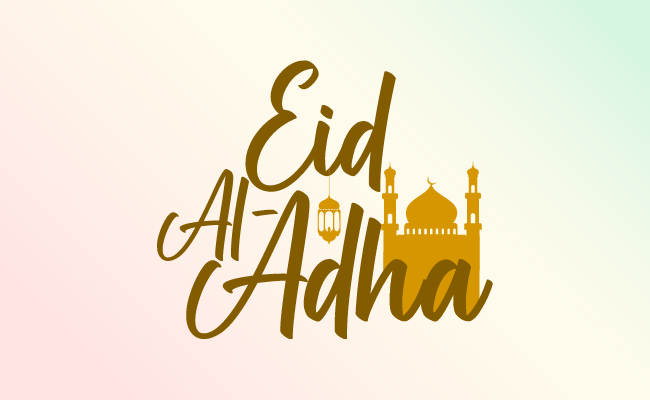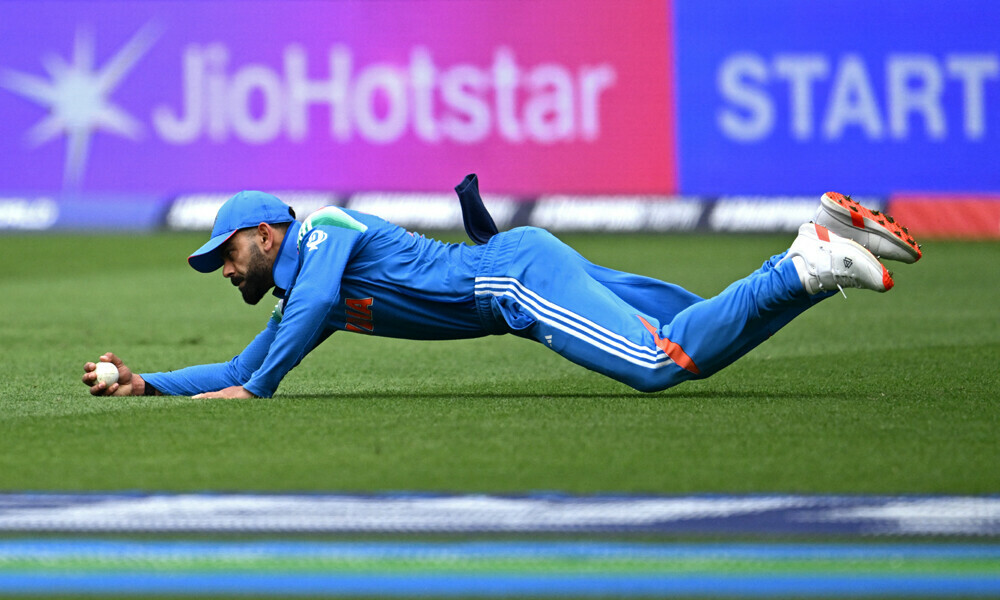Eid al Adha (The Festival of Sacrifice) is one of two main Islamic holidays celebrated worldwide by Muslims. Held annually on 10th day of Dhul-Hijjah month – last of Islamic lunar calendar – Eid marks completion of Hajj pilgrimage journey and is therefore one of five pillars of Islam.
Eid ul Adha finds its origin in Prophet Ibrahim (Abraham) and his unwavering faith in Allah, according to Islamic tradition. Allah asked Prophet Ibrahim (Abraham) to sacrifice Ismail (Ishmael), whom Ibrahim loved dearly as an act of devotion and obedience before intervening and replacing Ismail with a ram to spare his life – commemorated annually through animal sacrifice rituals among Muslims around the world.
Eid ul Adha marks an opportunity for spiritual reflection, gratitude, and community gatherings. Commencing with congregational prayers performed either outdoors in open fields or large mosques or indoors within mosques followed by sermons about sacrifice and obedience to God, Muslims dress their best attire while coming together with family, friends and neighbors to mark this celebration day.
One of the central rituals of Eid ul Adha is Qurbani – or animal sacrifice according to Islamic law – usually consisting of goat, sheep, cow or camel sacrificed and divided up among three parties: poor and needy people receiving one-third, relatives/friends getting another third and the remaining portion being kept for family consumption – an act which reinforces charitable behavior as well as empathy with less privileged.
Eid al Adha emphasizes the significance of unity within Muslim community. The festival transcends national, cultural and ethnic barriers by uniting Muslims of different backgrounds from all walks of life. Muslims visit relatives during Eid days; exchange gifts; extend greetings saying “Eid Mubarak!” for all occasions related to Eid; while sharing joyful festivities and deep reflection on Islam teachings.
Eid al Adha marks an especially sacred day for pilgrims performing Hajj. Pilgrims in Mecca carry out specific rites including symbolic “stoning of the devil”, shaving or trimming hair and offering their Qurbani sacrifice as symbolic acts to symbolize purification, humility and renewing their faith. Even those not participating directly should still participate by way of prayers, charity works or sacrifice.
Eid ul Adha also plays an integral part in economic and social circles, stimulating local economies – particularly livestock trade – while encouraging charitable giving on an expansive scale. Many charities take this occasion to distribute meat and aid among impoverished communities, spreading joy across many people at one time.
Eid ul Adha is more than just an occasion for celebration; it serves as an annual reminder of the significance of faith, compassion and selflessness for Muslims worldwide. Eid ul Adha encourages Muslims to place their trust in Allah while making personal sacrifices in service of a greater cause – teaching Muslims how to care for those in need in an increasingly individualistic society. Eid ul Adha reinforces community welfare over individualism in this regard.
Eid al Adha is an auspicious and inspiring holiday for Muslims worldwide, commemorating Prophet Ibrahim’s devout life of service while honoring generosity through its rituals and values – giving millions a sense of unity, solidarity, and shared purpose through rituals that promote this spirit of giving and charity.



